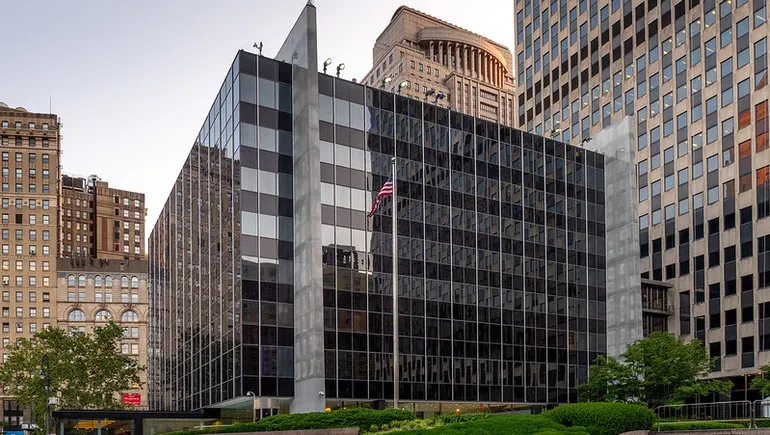Food & Beverage News: Insights, Safety, and Dining Trends
A federal appeals court on Thursday granted a Trump administration request to keep tariffs in place, pausing a lower court ruling that struck down the majority of the sweeping duties.
The move paused an earlier decision by a separate court that would have forced the White House to wind down duties deemed to be illegal. The new order will allow tariffs to continue as a judge considers President Donald Trump’s request for an even longer delay on the initial court’s ruling.
The United States Court of International Trade issued an injunction for tariffs on Canada, China and Mexico, and a 10% global tariff plus additional reciprocal tariffs. The decision called for the government to stop any operations related to those tariff orders, and to issue administrative notices on the permanent injunction within 10 days.
The Trump administration appealed the decision saying it would seek “emergency relief” from the Supreme Court if the ruling was not halted.
Which tariffs would be halted by an injunction?
The administration has 10 days to issue official notices clarifying which tariffs are still in place, unless an appeal later pauses the court order. Here’s what we know so far.
The tariff roller coaster has left the food industry on edge. Tariffs stood to raise prices at a time when consumers are already sensitive to inflation, and major companies expressed concerns that the duties could raise costs of scarce ingredients like chocolate and coffee.
The injunction came as the result of several legal cases wherein a few small businesses and several U.S. states filed separate but similar petitions to halt the tariffs, arguing their imposition via the International Emergency Economic Powers Act overstepped presidential powers.
Trump had adopted a novel interpretation of the 1977 emergency trade law, which primarily concerns sanctions and embargoes. In its opinion, the court said the law does not “confer such unbounded authority” to impose “unlimited tariffs on goods from nearly every country in the world.”
Beyond broad tariffs on trading partners, Trump also used the IEEPA as the basis to eliminate the de minimis exemption for imports from China and Hong Kong. The White House plans to end de minimis treatment for other countries’ products under the act, once systems are in place to collect the additional duties. Those changes are now in question, too, as a result of the court’s decision to halt the executive orders that enabled them.
Tariffs on automobiles, auto parts, steel and aluminum products were not affected by the injunction, as they were implemented under a different trade authority: Section 232 of the Trade Expansion Act. Similarly, any tariffs implemented under Section 301 will remain in place.
The U.S. Court of International Trade was established by the Constitution and has nationwide jurisdiction over civil actions arising out of customs and trade laws in the country, according to the court’s website. A federal appeals court can review its decisions.
Several Trump administration officials put out statements criticizing the courts’ action to halt tariffs. White House Deputy Chief of Staff Stephen Miller, for example, said on X: “The judicial coup is out of control.”
In a statement posted on X, White House spokesperson Kush Desai said: “It is not for unelected judges to decide how to properly address a national emergency.”
Sarah Zimmerman and Max Garland contributed to this story.
Read the full article from the original source


